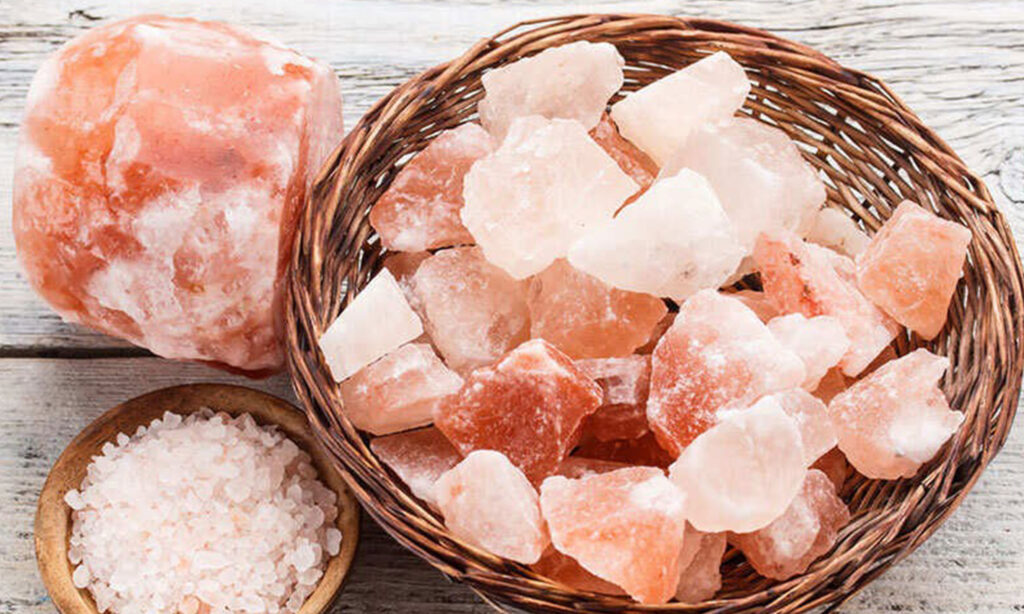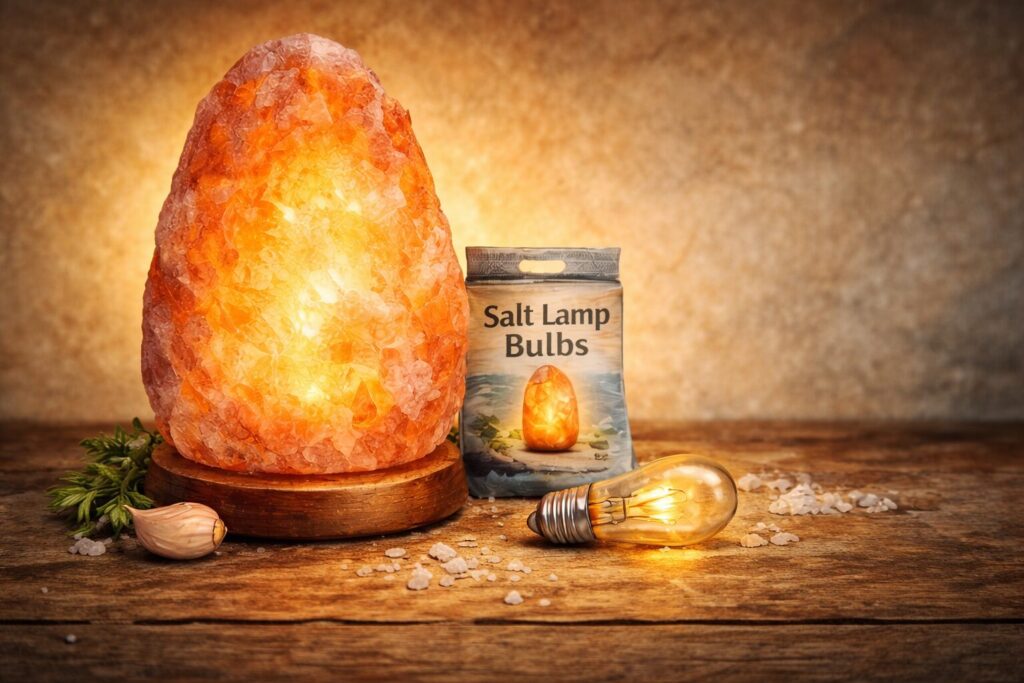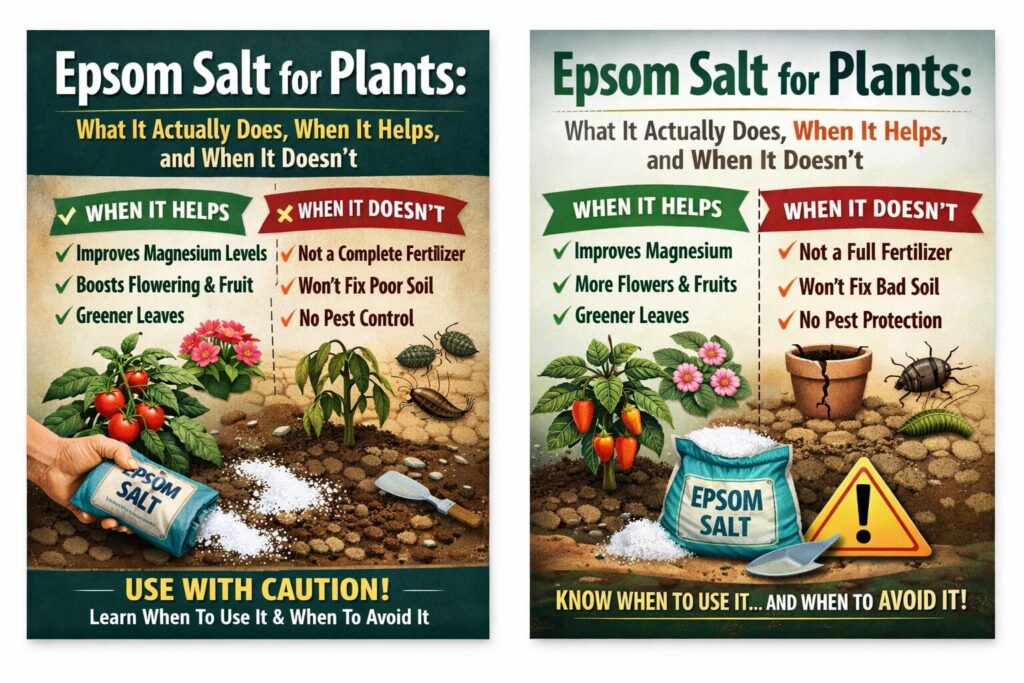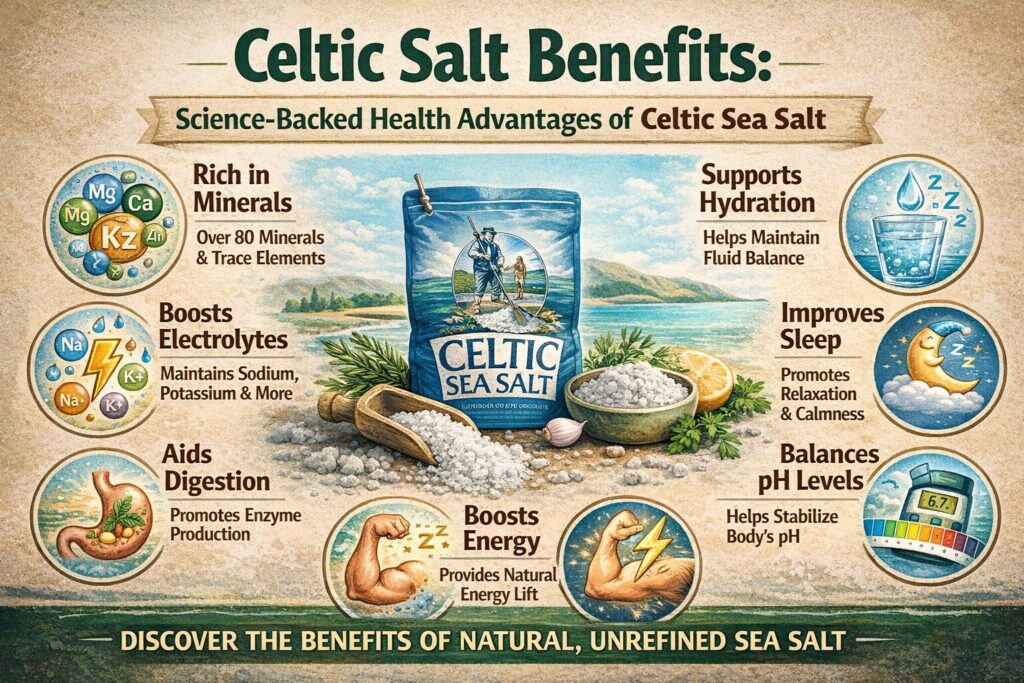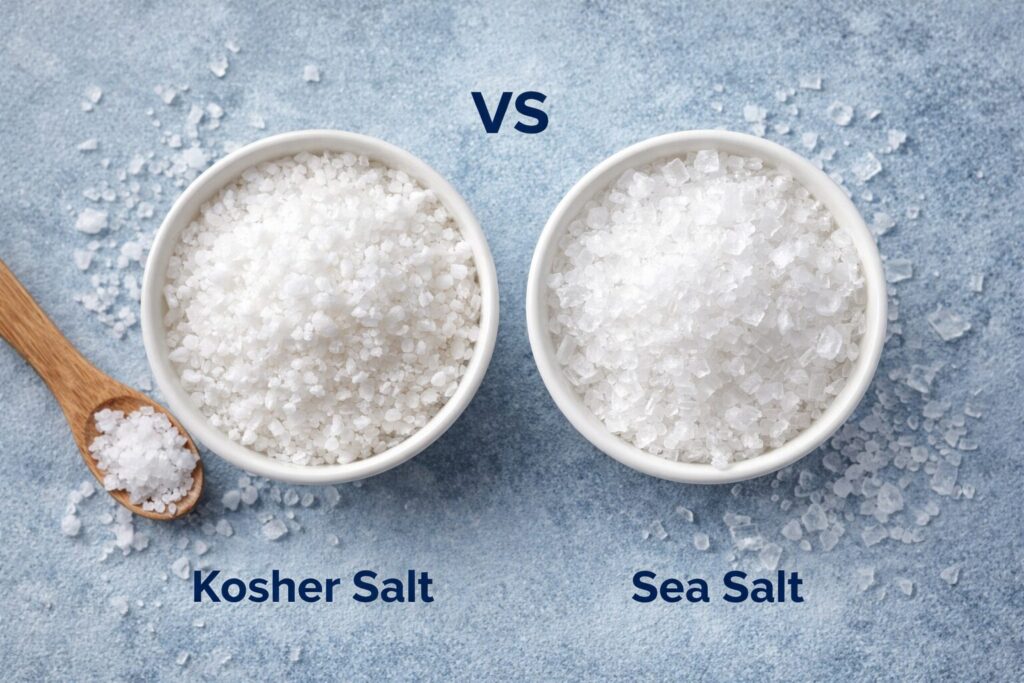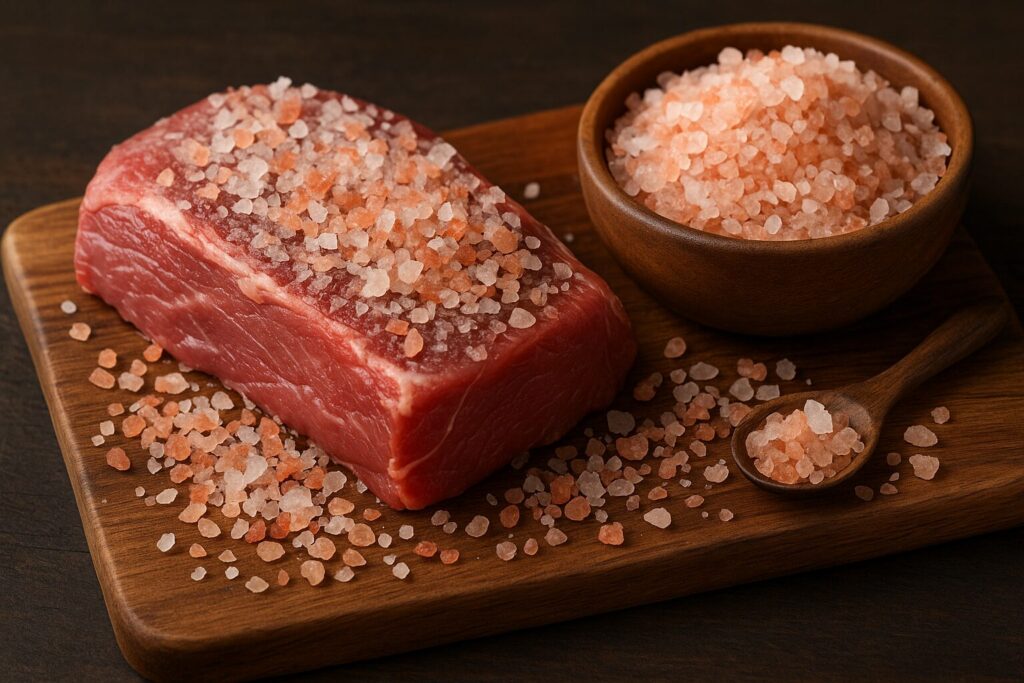Can You Eat Rock Salt? Truth You Must Know Now
Rock salt, also known as halite, is a unique mineral that has been used by humans for thousands of years. Whether sprinkled on icy roads or used in traditional recipes, rock salt serves many purposes. But the question remains — can you eat rock salt?
In this article, we’ll explore everything you need to know about rock salt and its edibility. We’ll answer the most searched questions like “is rock salt edible,” “can you eat halite,” and whether rock salt is safe to eat in its raw or processed form.
What Is Rock Salt?
Rock salt, scientifically known as halite, is a naturally occurring mineral form of sodium chloride (NaCl). It is typically found in crystal form and is often mined from underground salt deposits or evaporated salt lakes.
Because of its coarse and rugged texture, rock salt is widely used for:
- De-icing roads and sidewalks
- Water softeners
- Industrial purposes
- Animal feed
- Traditional cooking in some cultures
But is halite edible, or should it be kept out of your kitchen? Let’s dive deeper.
Is Rock Salt Edible?
The short answer is yes, but with a few caveats.
Edible-grade rock salt is safe for human consumption, provided it has been cleaned and processed to remove contaminants. In some regions, rock salt is used in brines, pickling, and even cooking traditional dishes.
However, not all rock salt on the market is food-grade. Much of it is mined and packaged for industrial use and may contain dirt, minerals, and chemicals that make it unsafe to eat.
So, while rock salt is edible, it must be labeled as food-grade or culinary salt.
Can You Eat Halite?
Since halite is another name for rock salt, the same rules apply. You can eat halite only if it has been purified and processed for consumption.
Can you eat halite straight from a salt mine? Absolutely not. Raw halite often contains impurities like:
- Heavy metals
- Dirt and clay
- Sand
- Chemical additives
If you’re considering using rock salt in food, always ensure it’s labeled safe for human consumption.
Is Rock Salt Safe to Eat?
Rock salt is safe to eat only when it’s food-grade. When purchased from a reputable source and intended for culinary use, rock salt poses no risk and can be a natural alternative to processed table salt.
However, here’s what to watch out for:
| Type | Safe to Eat? | Notes |
|---|---|---|
| Food-grade rock salt | Yes | Use in pickling, curing, and cooking |
| Industrial rock salt | No | Contains harmful contaminants |
| De-icing salt | No | Chemically treated and toxic |
Bottom Line: Never consume rock salt meant for de-icing or industrial purposes.
How Is Rock Salt Used in Cooking?
When food-grade rock salt is used in the kitchen, it serves several purposes:
- Salt Crust Baking
Whole fish or meats are baked in a crust of rock salt for flavor and moisture retention. - Pickling and Brining
Rock salt is used to create strong brine solutions for pickling vegetables or curing meats. - Fermentation
Traditional recipes like sauerkraut or kimchi may use natural rock salt to encourage fermentation. - Ice Cream Making
Old-fashioned ice cream makers use rock salt in the freezing process (around the canister), not in the actual food.
So, is rock salt edible in these cases? Yes — as long as it’s food-grade.
Rock Salt vs. Table Salt
| Feature | Rock Salt (Halite) | Table Salt |
|---|---|---|
| Texture | Coarse, chunky | Fine-grained |
| Processing | Minimal | Heavily refined |
| Additives | Usually none | Often contains iodine, anti-caking agents |
| Mineral Content | High | Lower (due to refinement) |
Can you eat rock salt instead of table salt?
Yes if you prefer less processed, more mineral-rich salt and don’t mind the coarse texture.
Health Benefits of Rock Salt (When Edible)
When food-grade, rock salt may offer several health benefits:
- Electrolyte balance: Contains sodium, calcium, potassium, and magnesium.
- Supports hydration: Helps retain fluids in the body.
- Boosts digestion: Often used in Ayurvedic medicine to improve gut function.
- Improves mineral intake: Less refined than table salt, offering trace minerals.
Note: Excessive intake of any salt can lead to hypertension and other health issues.
How to Identify Edible Rock Salt
Here are tips to ensure your rock salt is safe to consume:
Labeled as food-grade
Purchased from a grocery or health food store
Free of visible impurities or dirt
No mention of “for industrial use” or “not for human consumption”
If you’re unsure, don’t eat it. Stick with salts marketed for culinary use like Himalayan pink salt, Kosher salt, or sea salt, which are often derived from rock salt but purified.
Unique Minerals in Rock Salt
What makes rock salt a unique mineral is its blend of natural components formed over millions of years. Depending on the source, rock salt may contain:
- Iron oxide (reddish tint)
- Calcium
- Zinc
- Magnesium
- Potassium
These unique minerals contribute to its color, flavor, and potential health benefits. But again, only in food-safe forms.
Final Verdict Can You Eat Rock Salt?
To wrap it all up:
- Can you eat rock salt? Yes, if it’s food-grade.
- Is rock salt edible? Yes, but only the purified, culinary kind.
- Is halite edible? Yes, halite is edible rock salt — but only if cleaned.
- Is rock salt safe to eat? Yes, if labeled for human consumption.
- Can you eat halite in natural form? No, unless it’s purified and processed.
Always read the label and choose salt that’s specifically made for culinary use.
FAQs – Can You Eat Rock Salt?
Can you eat rock salt used for de-icing?
No. De-icing salt contains harmful chemicals and is not safe for human consumption.
What is food-grade rock salt used for?
It’s used in pickling, baking, curing, and brining, especially in traditional and fermented dishes.
Is halite the same as edible salt?
Yes and no. Halite is the raw form of rock salt. Only purified halite is edible.
Can you use rock salt in a grinder like sea salt?
Yes, if the salt is food-grade and dry, it can be used in a salt grinder.
Are there any benefits to eating rock salt over table salt?
Yes, food-grade rock salt retains trace minerals and has less processing, but moderation is key.


